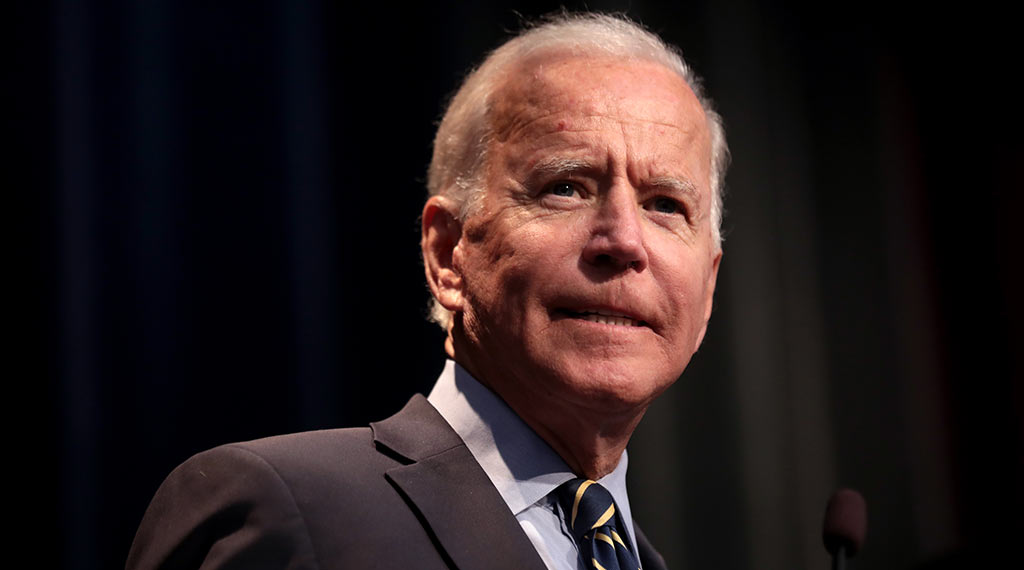Situation Report: Biden administration decision to delists jihadist terror groups raises questions

The Biden Administration plans to remove five groups from the foreign terrorist organization list, according to a recent Associated Press report, including two jihadist organizations, al-Gamaa al-Islamiya (GI) and the Mujahideen Shura Council in the Environs of Jerusalem (MSCEJ).
Al-Gamaa al-Islamiya was first designated in 1997 and is known as one of the most violent terrorist organizations in the Middle East. Most famously led by the late “Blind Sheikh” Omar Abdel-Rahman, who was convicted of the 1994 World Trade Center Bombing, its members played an important role in the formation of Al Qaeda. The group is historically closely linked to the Muslim Brotherhood.
The MSCEJ was founded by a number of smaller jihadist groups in the Gaza Strip in 2023, and designated as a terrorist organization in 2014 for cross-border attacks into Israel and on Egyptian forces in the Sinai. The creation of MSCEJ followed the 2013 ouster of the Muslim Brotherhood-controlled Egyptian government by the Egyptian military amid a popular uprising, and expressed support for Al Qaeda leader Ayman Al-Zawahiri.
The non-jihadist terror groups included the action are, the Basque terror group ETA, the Israel-based Kahane Chai, and the Japanese Aum Shinrikyo cult. While the Biden Administration claims all five terrorist organizations were delisted in accordance with a regular FTO list review because the groups were essentially defunct, the de-listing of terrorist organizations is extremely rare, regardless of the time passed since a group’s last action.
In particular, the case of Al-Gamaa al-Islamiya raises questions about whether the decision is based on political rather than national security motivations. During the period of the Arab Spring, the Obama administration made a number of concerning overtures towards the jihadist group, including allowing one member, Hani Nour Al-Din, to enter the country and attend a White House meeting as a member of the Egyptian parliament. That trip also raised concerns the Obama administration was prepared to transfer the Blind Sheikh to Egyptian custody as part of a deal with the new Egyptian Islamist government (ultimately no deal occurred, and Omar Abdel Rahman died in U.S. prison).
As recently as 2018 an Egyptian court ruled that the group deserved a terrorism designation, based on evidence that while some of its members had renounced violence, others had “held organizational meetings and agreed to revive al-Gamaa al-Islamiya by providing financial support to members to purchase weapons and ammunition.”
The willingness to ignore terrorism designation status because a group has individuals serving in a foreign government is a worrisome precedent in a world where multiple terrorist organizations have members holding elected political office, such as Lebanese Hezbollah and Hamas in Gaza. The Biden administration has already delisted as a terrorist organization the Houthi rebel Al-Ansarallah movement, undoing an early Trump administration decision.
It also raises questions about whether the Biden Administration intends to move forward with de-listing the Islamic Revolutionary Guard Corps (IRGC), the branch of the Iranian government which conducts terror attacks and which trains and equips other terror groups, including the Houthis. The Biden administration has also threatened U.S. counterterrorism aid to Egypt as part of a campaign to pressure the Egyptian government to release alleged terror suspects, some with links to Islamist groups.
All these factors create a reason to suspect that there is more to this decision to delist terrorist groups than mere bureaucratic paperwork.
Joe Biden by Gage Skidmore is licensed under CC BY-SA 2.0
- Anarchists call for solidifying gains, expanding violent insurgency - February 5, 2026
- Shideler: Resistance to Immigration Enforcement Is Fierce in Minnesota - February 2, 2026
- The Revolution Is On in Minnesota - January 26, 2026
